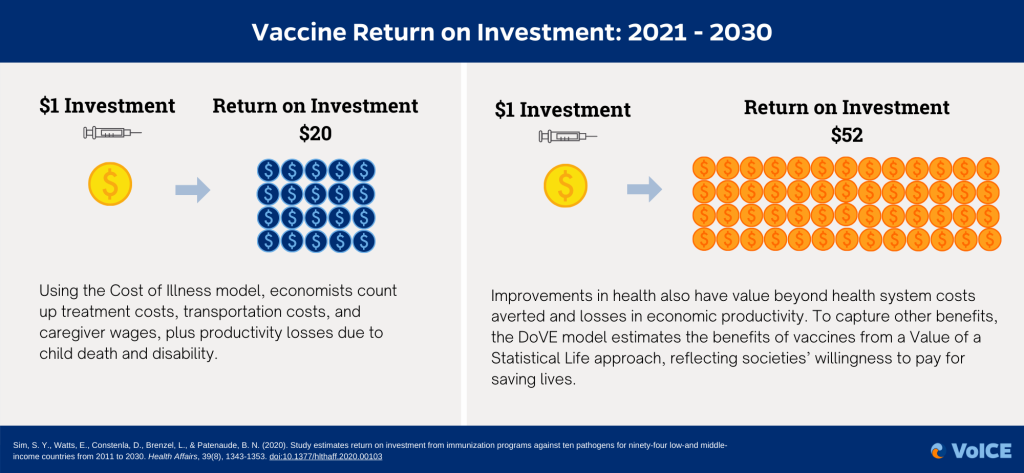Vaccinology is the scientific study of vaccines and their use in preventing infectious diseases. Vaccines have been instrumental in saving countless lives and reducing the prevalence of many diseases that once ravaged populations.
How Vaccines Work
Vaccines stimulate the body’s immune system to produce antibodies against a specific disease-causing agent, such as a virus or bacteria. When a vaccinated person is exposed to the actual pathogen, their immune system is already prepared to fight it off.
Types of Vaccines
- Live attenuated vaccines: These contain weakened forms of the disease-causing organism. Examples include the measles, mumps, and rubella (MMR) vaccine, and the varicella (chickenpox) vaccine.
- Inactivated vaccines: These contain killed or inactivated forms of the pathogen. Examples include the polio vaccine, the influenza vaccine, and the hepatitis B vaccine.
- Toxoid vaccines: These contain toxins produced by bacteria, but the toxins have been rendered harmless. Examples include the tetanus and diphtheria vaccines.
- Conjugate vaccines: These are designed for pathogens that have a capsule-like outer layer that protects them from the immune system. Examples include the pneumococcal and meningococcal vaccines.
Benefits of Vaccination
- Disease prevention: Vaccines can prevent infectious diseases, protecting individuals and communities from illness, disability, and death.
- Outbreak control: Mass vaccination programs can help control outbreaks of infectious diseases and prevent them from spreading to new populations.
- Herd immunity: When a high percentage of a population is vaccinated, it can create herd immunity, protecting even those who are not vaccinated.
Challenges and Misconceptions
- Vaccine hesitancy: There has been a rise in vaccine hesitancy, fueled by misinformation and fear. This can lead to outbreaks of preventable diseases.
- Vaccine safety: Vaccines are rigorously tested for safety before they are approved for public use. However, some people may experience mild side effects, such as fever or soreness at the injection site.
Vaccines are a crucial tool for public health. They have saved countless lives and helped to improve the quality of life for people around the world. By understanding the science behind vaccines and the benefits they provide, we can make informed decisions about our own health and the health of our communities.
